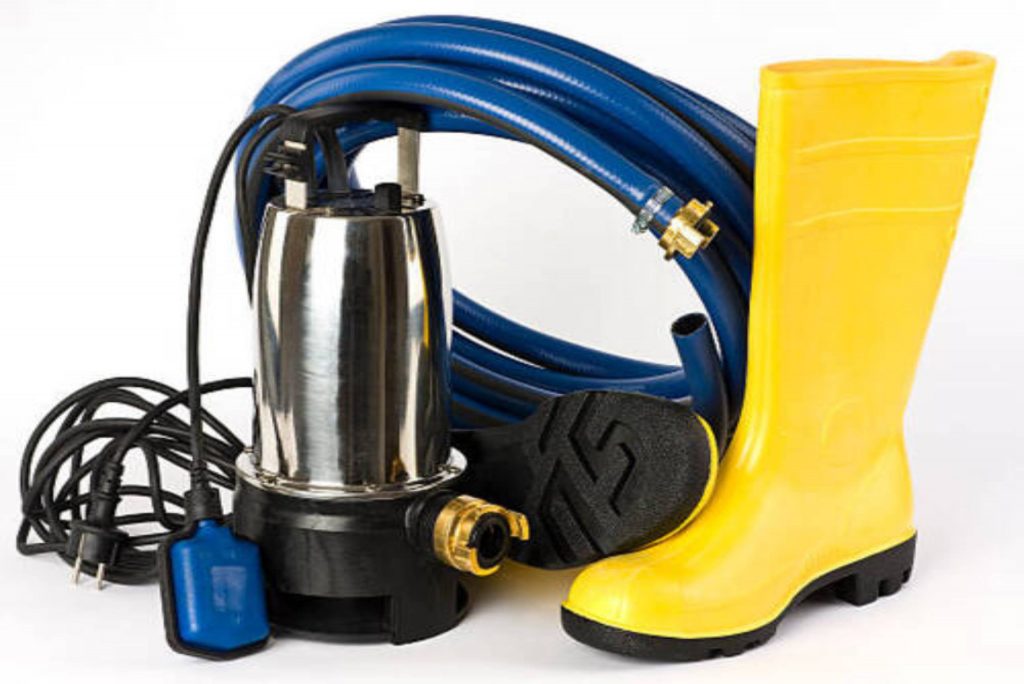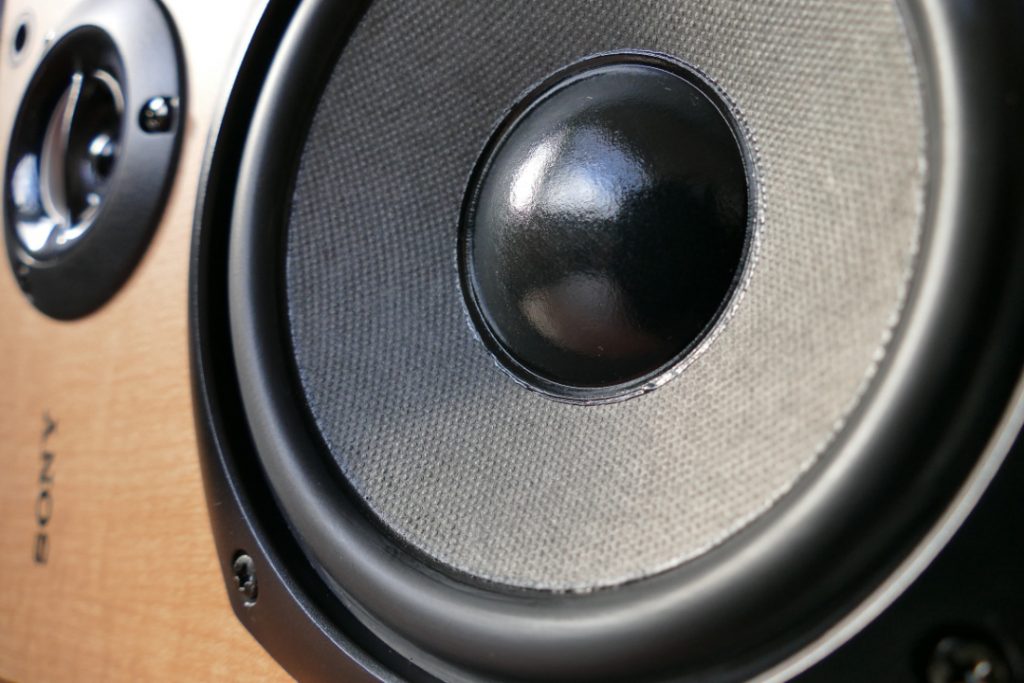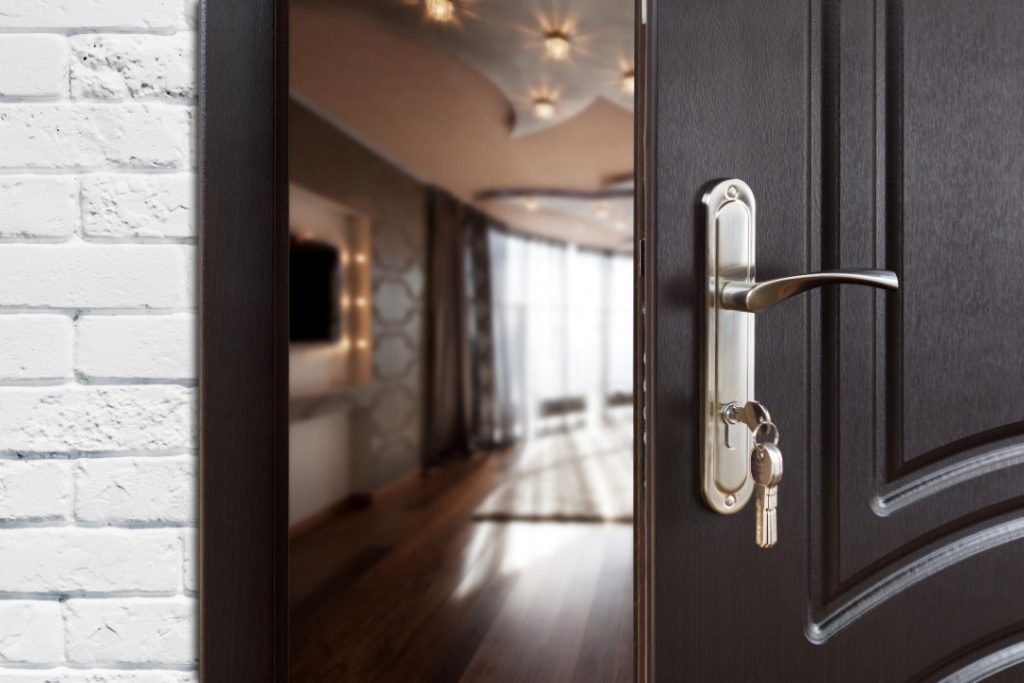The sump pump is a device that many use to remove excess water in the water-collecting sump pit. Many people fix this type of pump in the basement to prevent basement flooding. When it is working effectively, it does not make noise, but It starts making irksome noises when it is faulty. How then can you quiet the sump pump?
The sump pump making makes it powered by either electricity or batteries, and they help with the water flows, which is from the pit and away from the home. While sump pumps can be very effective at preventing basement flooding, they are not foolproof.
If the power goes out, or if the pump itself fails, then the basement may still flood. That is why it is important to have a backup plan in place in case of a power outage or a broken sump pump.
Also Read: How To Soundproof French Doors?

Sump Pump System
A sump pump system is a groundwater management system that many install around the perimeter of a home. Its purpose is to reduce the water table around the foundation of a house and to direct any groundwater that does enter the basement to a safe location outside the house.
People most commonly install the sump pump system in homes located in areas with high water tables or sites prone to flooding. They can also be useful in reducing moisture levels in basements or crawlspaces.
It typically consists of a sump pit, a sump pump, and discharge pipes. They dig the sump pump hole dug into the basement floor or crawlspace, and they put the sump pump inside the pit.
The discharge pipes direct the water flows away from the house and into a drainage ditch or storm sewer. You can activate the Sump pump systems by a float switch, which turns on the pump when the water level in the pit reaches a certain level.
Also Read: How To Get Rid Of Cricket Noise At Night?
What Does Sump Pump Sound Like?
The sump pump system removes water that has accumulated in a sump pit. The water pumps out of the pit and drained away from the home.
Sump pumps comes on by a float switch, pressure sensor, or other mechanisms, and they can run continuously or intermittently.
As the pump runs, it will make a distinctive sound that is generally quite loud. The motor inside the pump causes the motor noise as it works to move water through the straight discharge pipes.
While some people find the sound of a sump pump to be somewhat annoying, it is typically only heard when the pump is running, which is usually only for short periods.
Why does the sump pump make noise? It’s a question we’ve all asked ourselves at one point or another. After all, nobody wants to be woken up in the middle of the night by loud vibrations, and obnoxious noise coming from their basement.
There are a few different reasons why your sump pump might be making noise, and understanding these reasons can help you troubleshoot the problem and get your pump back to running quietly.
Also Read: How To Stop A Clock From Ticking?
Dirt
One of the most common reasons for a noisy sump pump is simply that the impeller is dirty. The impeller is the part of the pump that helps to move water through the system, and if it becomes clogged with debris, it can cause the pump to work harder – and make more noise.
Luckily, this is an easy problem to fix: simply clean out the impeller and make sure that it is free of any obstruction.
Stuck
Another possibility is that the float switch is stuck in the “on” position. The float switch is what tells the pump when to turn on and off, and if it becomes stuck in the “on” position, the pump will continue to run – even when there is no water to be pumped.
This can not only cause your electric bill to skyrocket, but it can also damage your pump. If you think that the float switch might be the problem, simply unplug the pump and see if the noise stops. If it does, then you’ll know that you need to replace the float switch.
Aging
Finally, it is also possible that your sump pump is simply getting old and starting to wear out. Like any other mechanical device, sump pumps have a limited lifespan, and after a few years of use, they will start to make the gurgling sound as they begin to break down.
Older pumps make noise, and when your sump pump is old, it is probably time to start shopping for a replacement.

Types Of Noises Made By And How To Quiet The Sump Pump
While the design of sump pumps is relatively quiet when running continuously, they can sometimes make a variety of strange noises. If you’re hearing anything out of the ordinary coming from your pump, it’s worth investigating further for system malfunction.
Here’s a list of some of the noises a sump pump might make, what they could mean, and how you can quiet a sump pump.
Also Read: How To Fix A Blown Speaker?
Bubbling and Gurgling noises:
Gurgling noises from a sump pump are usually caused by air trapped in the pump and are nothing to worry about. You can quiet a sump pump gurgling noise by simply bleeding the air out of the pump by opening the bleeder valve (if your pump has one).
Rattling or vibrating noises:
This could be caused by a loose part in the pump, or by something caught in the impeller. You can quiet a sump pump with rattling vibration sounds by checking for any loose parts and removing any foreign objects from the pump to fix the problem.
Groaning or moaning noises:
This is typically caused by a build-up of sediment in a pump. Sediment can damage the pump over time, so it’s essential to clean it out regularly. You can quiet a sump pump groaning noise by simply disassembling the pump and clean all of the parts with a brush.
Buzzing or humming noises:
If your pump is making a consistent motor noise i.e. buzzing or humming, it could be due to a problem with the motor. If you think this is the case, it’s important to have the pump serviced by a professional as soon as possible.
Howling or whining noises:
This sump pump noise is usually caused by a problem with the bearings in the pump. You’ll need to disassemble the pump to access the bearings, and then either clean or replace them as necessary.
Clanking or banging noises:
These noises are usually caused by something hitting the pump – like a rock, stick, or piece of debris. If you hear this type of noise, it’s important to shut off the pump immediately and check for any damage.
Squealing or shrieking noises:
This is usually caused by a problem with the impeller. The impeller might be damaged or obstructed, causing it to make noise as it spins. If you think this is the case, it’s important to disassemble the pump and inspect the impeller for any damage.
No noise at all:
If your pump stops making noise, it could be due to a problem with the motor or the power supply. If you think this is the case, it’s important to have the pump serviced by a professional as soon as possible.

Things To Take Note While Trying To Quiet Down A Sump Pump
One of the most important things to take note of when trying to quiet a sump pump is the source of the noise. Is the noise coming from the motor, the impeller, or the discharge pipe?
Once you have located the source of the noise, you can begin to work on addressing it. If the noise is coming from the motor, you may need to replace it or add some additional sound-damping material.
If the noise is coming from the impeller, you may need to clean it or adjust its position. And if the noise is coming from the discharge pipe, you may need to reposition it or replace it with a thicker pipe.
Taking note of these various factors will help you to fix the noise of your sump pump more effectively.
Conclusion
A sump pump is a vital part of keeping your basement dry and keeping the water flowing. However, the constant humming, motor sounds, and loud noise of the pump can be annoying, especially if you’re trying to sleep or concentrate.
Fortunately, there are a few simple steps you can take to quiet your sump pump.
First, make sure that the pump is properly secured to its base. A loose pump will vibrate more and create more noise.
Second, check the intake screen for debris and clean it if necessary. A clogged screen can cause the pump to work harder and make more motor rattling.
Finally, consider using sound-damping materials such as rubber matting to reduce the overall noise level.
By taking these steps, you can enjoy the peace of a dry basement without being disturbed by the sump pump.







